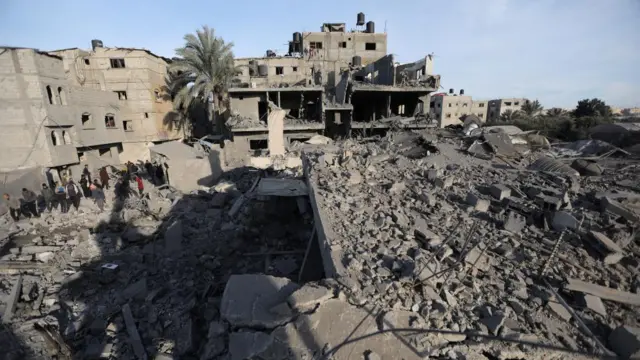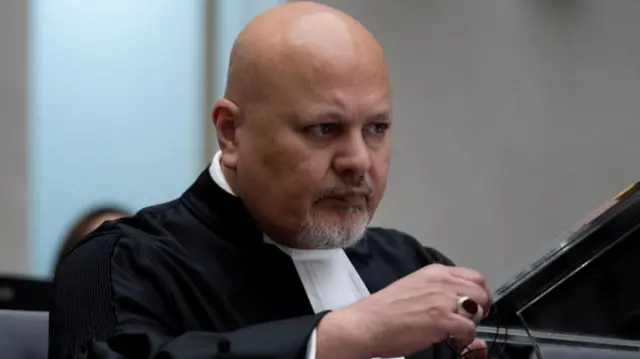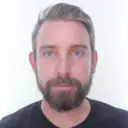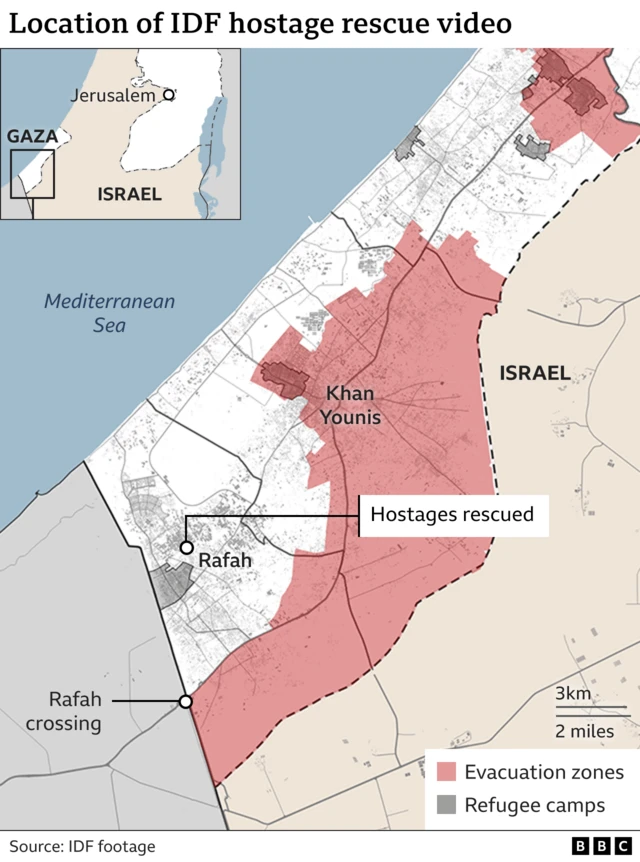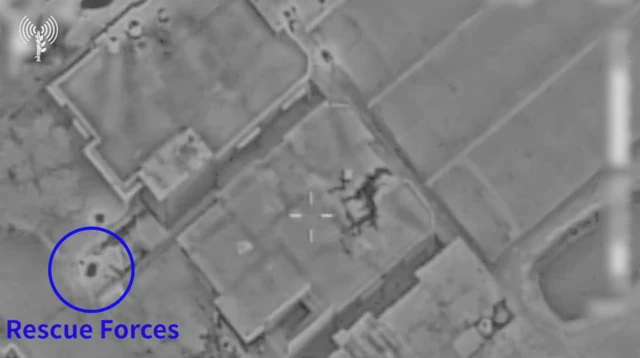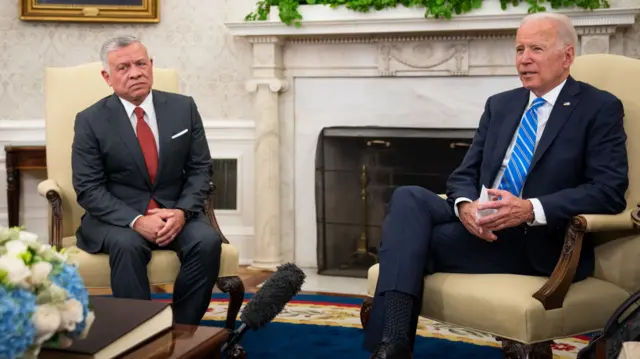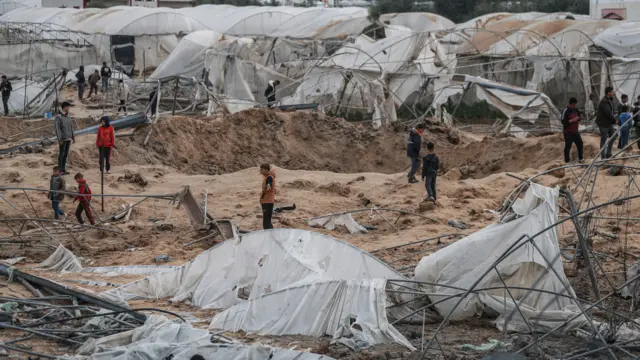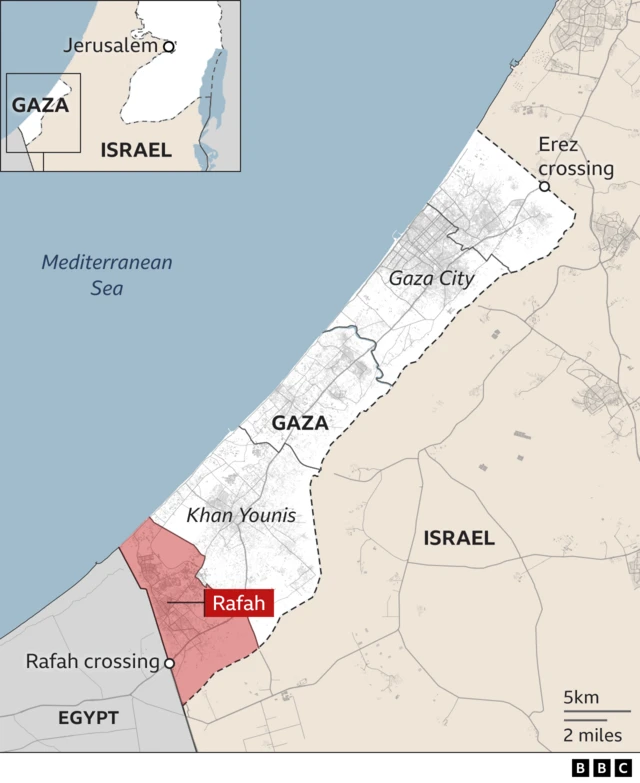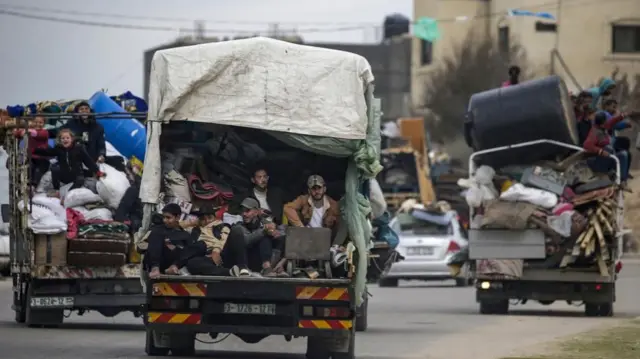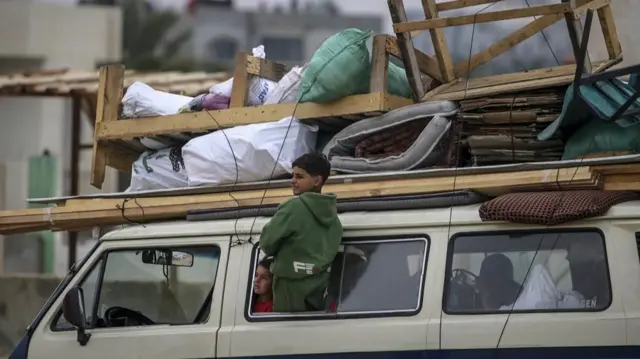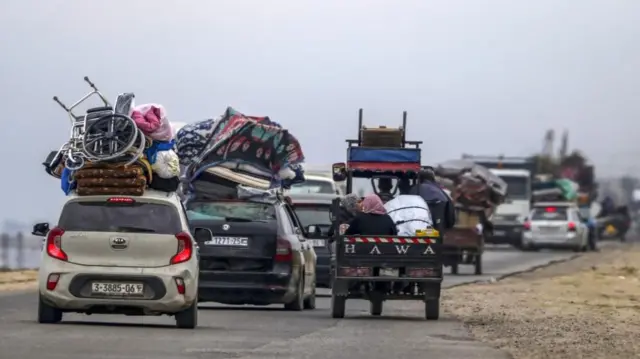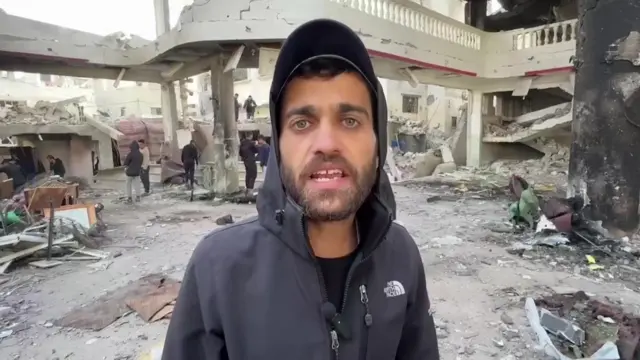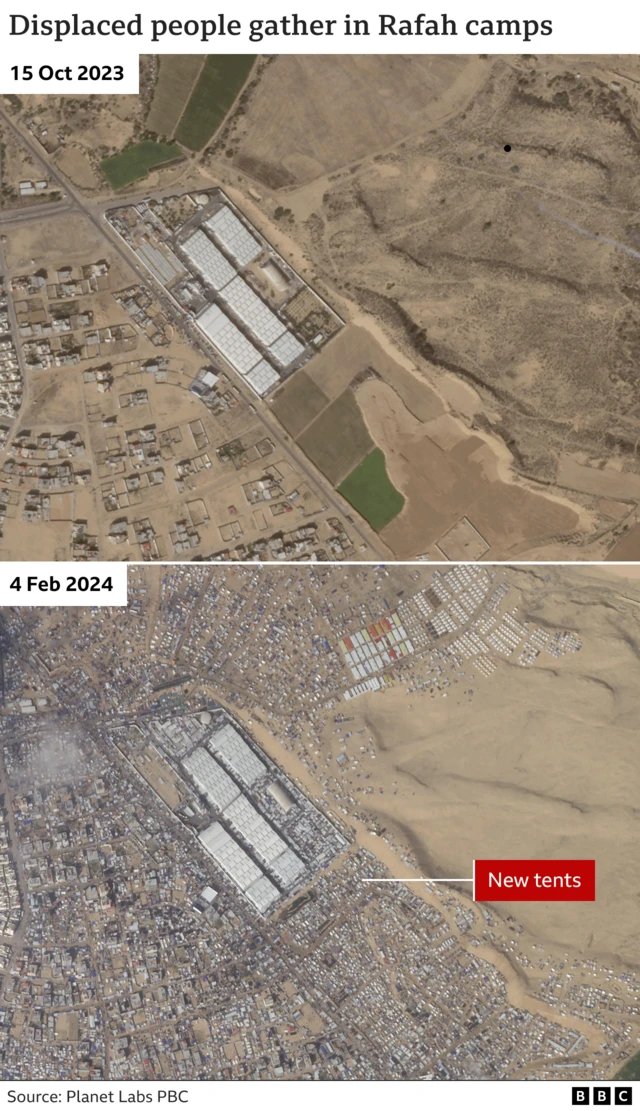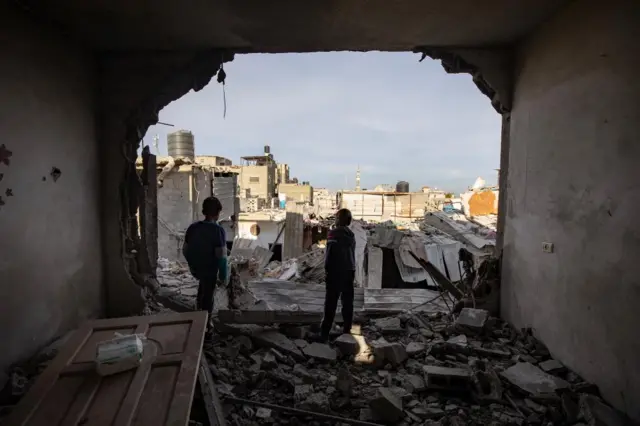Bringing today's coverage to a closepublished at 19:28 GMT 12 February 2024
We're closing our live coverage of the recent strikes and raid in Rafah. Thanks for joining us.
If you wish to keep across the latest developments, our current news story will be updated as events evolve.
For a broader overview of the situation in Rafah and Sunday's overnight raid, which secured the release of two Israeli hostages and led to nearly 70 Palestinians being killed, follow this link..
Meanwhile, the Israeli military has said it will take action against any soldiers found to have filmed and uploaded footage online of Palestinian detainees stripped, bound and blindfolded, following a BBC Verify investigation.
